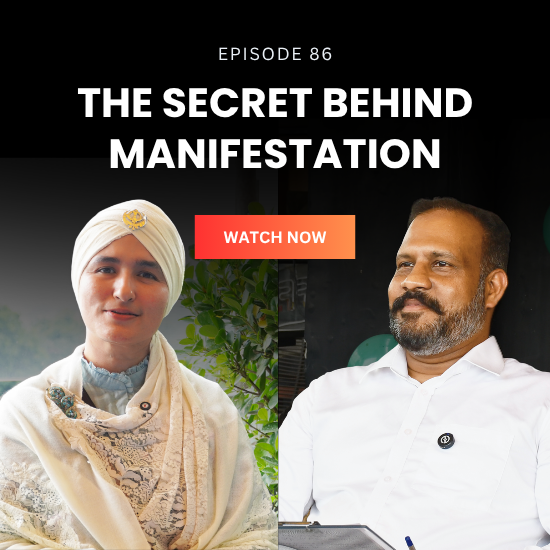In this enlightening episode of The Alpha People, Sukhminder Singh shares a deeply reflective perspective on spirituality, social responsibility, and the core principles of Sikhism. He begins by redefining religion not as a label or ritual, but as a daily discipline—a conscious way of living that brings one closer to truth and humanity. According to him, religion, when misused, creates division and ego, but in its purest form, it fosters compassion, discipline, and unity. He emphasizes that the Guru Granth Sahib Ji, revered as the 11th Guru, is the true guiding light, and that Simran (meditative chanting) is the most powerful spiritual practice available to everyone.
Sukhminder Singh highlights the importance of merging Simran with Seva (selfless service) to avoid spiritual arrogance and ego. Sharing his ongoing seva project—packing grains and clean drinking water to prepare for future crises—he encourages collective responsibility and preparedness. The initiative, named Guru Nanak Ka Modikhana, reflects his belief that spiritual practice must extend into practical service, reaching people across religions and backgrounds during times of need.
A significant part of the conversation delves into karma and divine justice. He clarifies that the outcomes we face in life are not acts of divine will, but the results of our accumulated actions. The Lord, he says, never punishes or rewards directly—He only reflects back what we sow. This karmic understanding dispels victimhood and places the responsibility for transformation within our own hands.
The podcast also explores powerful spiritual concepts like attaining inner purity through Simran, connecting with the subconscious, and experiencing divine communication. Sukhminder Singh speaks of a time-tested spiritual process that requires the cleansing of inner impurities, leading to a state where divine answers and visions naturally arise. He stresses that true realization is not in external theatrics but in internal stillness and surrender to the Divine Name.
Finally, the discussion critically examines modern practices like Langars (community kitchens), where intent often gets overshadowed by display. He advocates for need-based charity, micro-industry development through religious institutions, and redirecting donations to empower the underprivileged. Through his grounded, experience-rich narrative, Sukhminder Singh reminds us that spirituality is not separate from life—it is the very way we live it.
🔔 Don’t forget to subscribe & share if this conversation resonated with you!
🔔 Don’t forget to subscribe & share if this conversation resonated with you!
Frequently Asked Questions
Certainly! Here are some potential questions and answers based on the podcast conversation:






